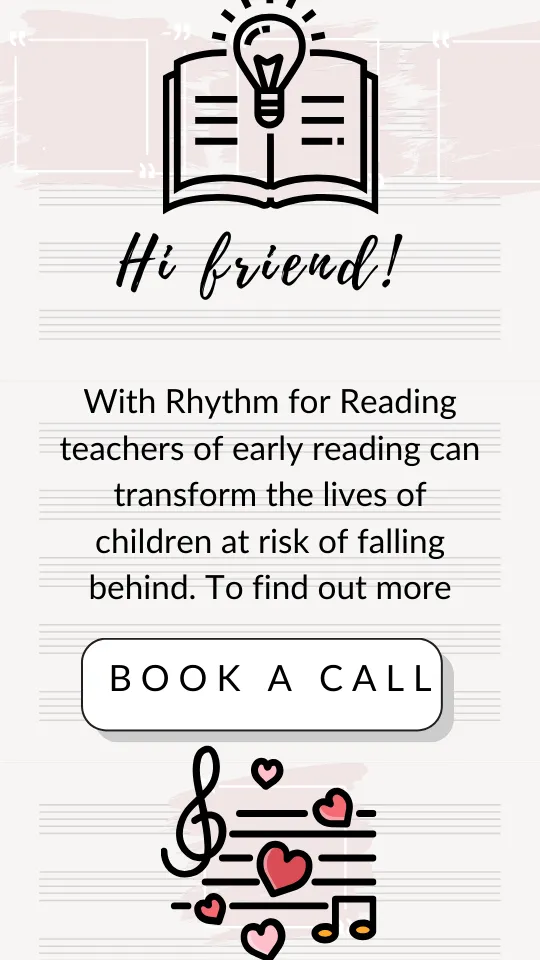Rapid learning: The context of emotional stress and effortful control
A recent survey by the National Education Union of 14,000 teachers showed 33% of state school teachers in England are stressed at work at least 80% of the time, as reported by Richard Adams, Education Editor of The Guardian Newspaper on 14th April 2025.
We know that schools are understaffed in the less affluent regIons of the country. This is where effortful control and emotional stress are seen and felt, and contribute to a particularly heavy burden on teachers. And this is where pupils may carry a substantial allostatic load as a result of early childhood adversity.
Low-income children, as well as children who have experienced trauma, abuse, neglect, and other adverse life experiences may have lower levels of regulation-related skills than children from more affluent backgrounds. And yet regulation-related skills may protect children from low-income families from some of the harmful effects of living in poverty, by enabling coping skills such as emotion regulation. So it is really important that disadvantaged pupils are supported emotionally and given opportunities to build up their capacity for self-regulation.
In the real world of the classroom, children are faced with sanctions if they do not learn or behave as expected. For this reason their preference might be to endure frustration rather than to risk admitting that they don’t understand something. Asking a friend can also be risky if talking is not allowed and carries a penalty such as a detention. Effortful control is the unnamed elephant in the classroom and it is an invisible energy that is simmering day-to-day in every school.
Effortful control builds the strength of character that is needed to ‘keep going’ and to finish the task at hand, but when a workforce is depleted, there is a huge cost in terms of emotional strain and over time this adds up. Here are some examples of effortful control. It is deployed when you’re actually too hungry to concentrate. It’s the brave attempt that children make to keep going when the work is too hard and they are trying not to give up. It’s the steadfast patience of the teacher who knows the child does not have the capacity to access the lesson and there’s no extra support available.
I feel that this is a topic which is hidden away even though it is so obvious. Music is frequently used as a regulating strategy to maintain or change a mood, emotion arousal level. It can help to achieve positive affective states and mood as well as help to manage a negative state or emotion. How might music support children from disadvantaged backgrounds, and those with early childhood adversity in particular?
Thousands of studies show the positive effects of music. Music fosters prosocial behaviour. This means that it promotes helpfulness or kindness. It also promotes a shared sense of success, physical coordination, shared attention, shared motivation and group identity. For example, it strengthens social bonds through the release of beta endorphins which are ‘feel good chemicals’ made by our internal pharmacy during synchronized activities such as singing together.
Let’s bring this back into schools. Motivation comes up as an important question when I speak with teachers about RFR and the impact the programme has on the children’s reading skills. Head teachers often ask me, "How can you isolate this from motivation?"
It’s a good question because engagement with music is associated with higher levels of motivation. Learning tasks impact motivation. Failure or success in a task has an negative or positive effect on self-esteem and motivation and carried forward to the next task.
So if children experience success in a task this leads to the desire to continue, bringing further rewards in terms of feelings of well-being and desire to carry on. According to Professor Sue Hallam,
The more closely the goals of learners, teachers and educational systems are matched, the more likely that effective learning will occur. Motivation is crucial to how children perform at school and is closely linked to self-perception of ability, self-efficacy and aspirations.
So if we circle back to Rhythm for Reading, what do the children say at the end of the programme? They report feeling more calm, happy and peaceful which suggests a real shift in emotional control.
The full version of this post can be found in the video where I talk about the importance of emotional regulation and the wealth of research evidence pointing to the power of music and to the effectiveness of the Rhythm for Reading programme.
If you would like more information please sign up for 'Why use music instead of words?' webinar or ask a question on the contact page. Webinars are on Thursdays at 8.00PM London UK time.
Enjoy this post? Why not keep reading...







